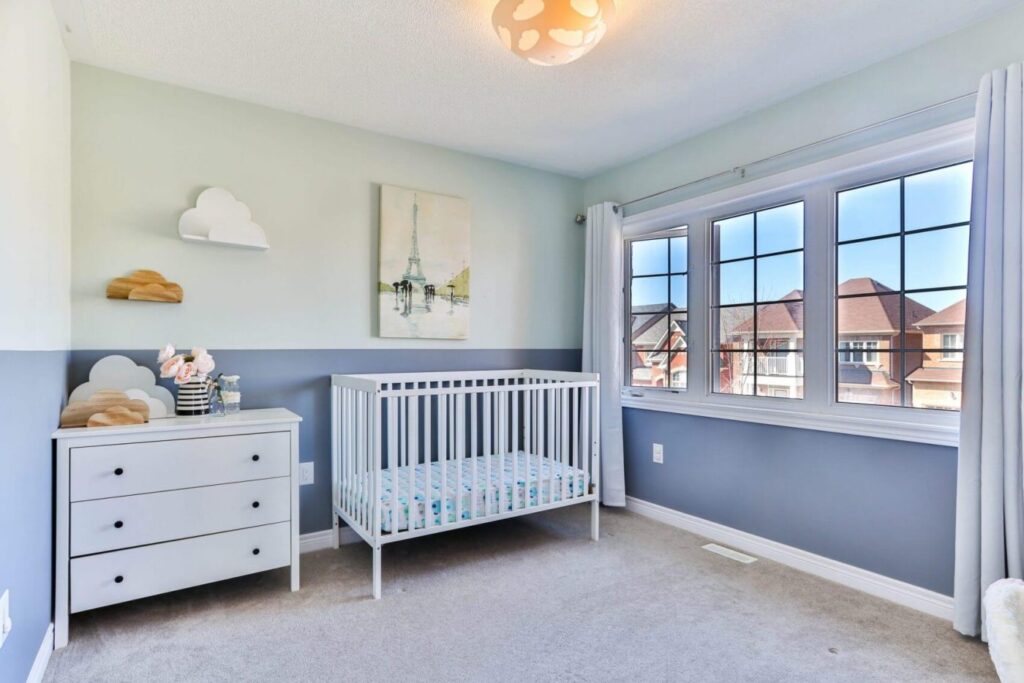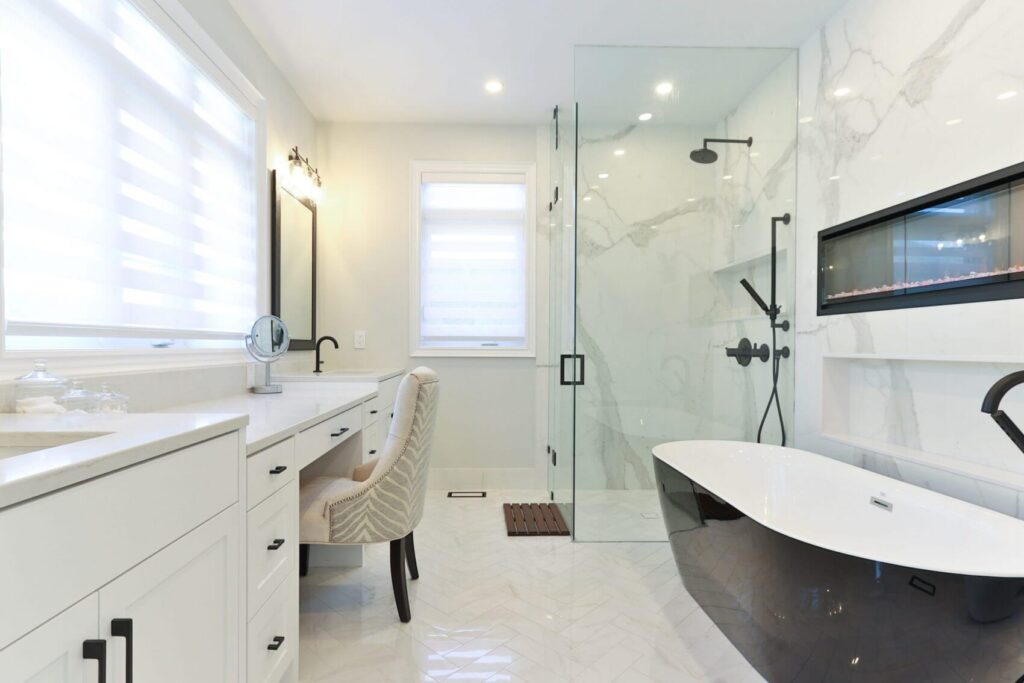
How to Manage Multiple Properties Efficiently
Managing a single property can be a challenge, but when you scale up to handling multiple properties, the complexity increases exponentially. Whether you’re a landlord managing several rental homes, a real estate investor with commercial and residential properties, or a property management professional overseeing a vast portfolio, efficiency is key to maintaining profitability and ensuring smooth operations.
At The8Venue, we believe that with the right strategies, tools, and practices, managing multiple properties can be streamlined. This comprehensive guide offers essential tips on how to manage multiple properties efficiently, covering everything from tenant relations and maintenance scheduling to leveraging technology and outsourcing tasks.
1. Organize and Centralize Your Operations
Efficient property management begins with organization. When managing multiple properties, keeping track of maintenance requests, tenant inquiries, financial records, and leasing agreements can become overwhelming. Centralizing these operations is crucial.
Key Tips:
Create a Property Database: Develop a centralized system where all property-related information is stored. This includes lease agreements, financial documents, tenant information, maintenance logs, and more. Digital tools like cloud-based storage or property management software can help.
Implement a Property Management System (PMS): A PMS is a software designed to automate tasks like rent collection, maintenance tracking, and tenant communication. It can integrate all properties into one platform, giving you a bird’s-eye view of your portfolio and streamlining management tasks.
Utilize Task Management Tools: To manage day-to-day tasks across multiple properties, using task management tools like Trello, Asana, or Monday.com helps ensure that nothing falls through the cracks. These tools allow you to assign tasks, set deadlines, and track progress for each property.
By centralizing and organizing your operations, you’ll reduce errors, save time, and enhance your ability to manage multiple properties efficiently.
2. Set Up Clear Communication Channels
Communication is vital in property management, whether it’s with tenants, vendors, or maintenance teams. For those handling multiple properties, having clear and efficient communication channels can prevent misunderstandings and ensure that everyone is on the same page.
Key Tips:
Tenant Communication: Set up clear communication channels with tenants across all properties. Create a single email address or phone line dedicated to tenant inquiries, and use an automated system to log and prioritize maintenance requests.
Use Automated Notifications: Automation can be a game-changer. Set up automated notifications and reminders for lease renewals, rent due dates, and maintenance schedules. Property management software can handle these notifications, ensuring that nothing is missed.
Regular Updates with Your Team: If you’re working with a team of property managers, maintenance personnel, or external contractors, ensure there are regular updates and communication check-ins. Weekly meetings or status updates can help keep everyone aligned.
The more organized and transparent your communication is, the easier it will be to manage multiple properties without confusion or delays.
3. Streamline Maintenance and Repairs
One of the most challenging aspects of managing multiple properties is dealing with maintenance and repair issues. The key is to streamline the process to handle these tasks as efficiently as possible.
Key Tips:
Create a Preventative Maintenance Schedule: Regular upkeep is essential for minimizing larger repair costs. Create a preventative maintenance schedule for all your properties to ensure that HVAC systems, plumbing, electrical systems, and other vital components are regularly serviced.
Use a Maintenance Request System: Implement a digital maintenance request system where tenants can easily report issues. Once a request is made, it should be logged and tracked to ensure timely completion.
Develop Relationships with Contractors: Establish strong relationships with reliable contractors and service providers. For large portfolios, consider working with contractors who can service multiple properties within a designated area, potentially offering discounts for bulk work.
Having an efficient system in place for maintenance and repairs can significantly reduce downtime, keeping tenants satisfied and properties well-maintained.





4. Monitor Financials and Cash Flow Closely
With multiple properties, managing the financial aspect can be complex, but it’s critical to stay on top of cash flow, expenses, and profits. Financial mismanagement can lead to significant losses, so a systemized approach to tracking income and expenses is essential.
Key Tips:
Consolidate Financial Reporting: Use financial management software that can consolidate reports from all your properties. This allows you to see your total income, expenses, and cash flow in one place, making it easier to assess profitability and identify any financial discrepancies.
Automate Rent Collection: Automating rent collection is one of the most efficient ways to manage multiple rental properties. Set up an online payment system where tenants can pay their rent electronically. This reduces the risk of late payments and simplifies tracking.
Budget for Unexpected Expenses: When managing multiple properties, it’s crucial to set aside funds for unexpected repairs or vacancies. A financial cushion will ensure that you’re not caught off guard by sudden expenses that could affect your cash flow.
Regularly Review Property Performance: Analyze the performance of each property regularly. Compare rental income, occupancy rates, and operating costs to determine whether each property is contributing to your overall profitability.
By keeping a close eye on financials and automating processes, you can better manage your portfolio’s financial health.
5. Leverage Technology to Simplify Processes
Technology is one of the most powerful tools available to modern property managers. From property management platforms to smart home devices, leveraging technology can drastically improve efficiency and streamline the management of multiple properties.
Key Tips:
Invest in Smart Home Technology: Smart locks, thermostats, and energy management systems can make it easier to monitor properties remotely and provide better service to tenants. For example, a smart thermostat can reduce energy costs by optimizing temperature settings, and smart locks can allow for easy access during maintenance visits without needing physical keys.
Use Property Management Software: There are a variety of property management software platforms that can help manage multiple properties. Platforms like Buildium, AppFolio, or Propertyware allow for automation of rent collection, maintenance requests, tenant screening, and financial reporting.
Monitor Market Data: Use online tools to track real estate market trends and pricing in the areas where your properties are located. This information can help you adjust rents, buy or sell properties, or invest in upgrades to stay competitive.
By incorporating technology into your daily management routine, you’ll reduce the time spent on administrative tasks and increase your overall efficiency.
At The8Venue, we are dedicated to helping property investors and managers navigate the complexities of managing multiple properties. Whether you’re just starting to build your portfolio or you’re managing a vast array of properties, our expert services can support you in creating a more efficient and profitable operation. Contact us today to learn more about how we can assist you with your property management needs.
6. Outsource Where Necessary
As your property portfolio grows, it may no longer be feasible to handle everything on your own. Outsourcing certain tasks to professionals can save you time, reduce stress, and allow you to focus on the bigger picture of growing your portfolio.
Key Areas to Consider Outsourcing:
Property Management: If managing multiple properties is becoming too time-consuming, consider hiring a professional property management company to handle day-to-day operations. This can include tenant management, maintenance, rent collection, and more.
Accounting: Managing the finances for multiple properties can be complicated. Outsourcing bookkeeping and accounting tasks to a qualified professional ensures that your financial records are accurate and that tax filings are handled correctly.
Legal Services: Working with a real estate lawyer can be invaluable, especially when dealing with lease agreements, evictions, or disputes. Having legal support ensures that you’re compliant with local regulations and protects you from potential liabilities.
Outsourcing allows you to delegate time-consuming tasks to professionals, freeing you up to focus on expanding your property portfolio.
Conclusion
Managing multiple properties efficiently is a challenge, but with the right strategies, tools, and mindset, it can be done effectively. By staying organized, streamlining communication, leveraging technology, and outsourcing where necessary, property owners and managers can scale their operations while maintaining a high level of service.
LEAVE YOUR THOUGHT HERE
Recent Post
For First-Time Homebuyers – careful planning and strategic thinking
How to Find the Perfect Property in a Competitive Market
Want to List your Property?
Real Estate Investment: Risks vs. Rewards
Real Estate Investment: Risks vs. Rewards Investing in real estate…
The Benefits of a Property Portfolio for…
The Benefits of a Property Portfolio for Long-Term Wealth Investing…
The Top Mistakes Property Investors Make and…
The Top Mistakes Property Investors Make and How to Avoid…
Building Your Real Estate Empire: Where to…
Building Your Real Estate Empire: Where to Start Building a…
How to Build a Profitable Property Portfolio
How to Build a Profitable Property Portfolio Building a profitable…
For First-Time Homebuyers – careful planning and…
Top Tips for First-Time Homebuyers Buying your dream home is…
How to Find the Perfect Property in…
How to Find the Perfect Property in a Competitive Market…
Key Steps to Accelerate the Sale of…
Essential Steps to Selling Your Property Faster Selling a property…








